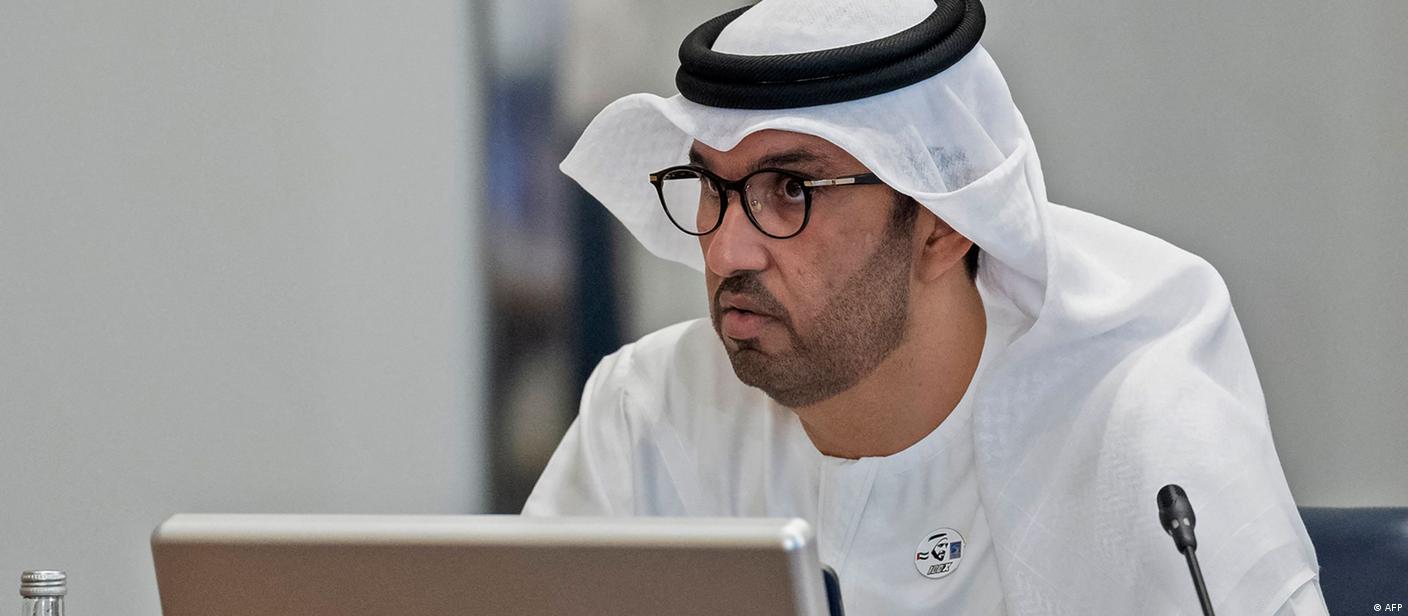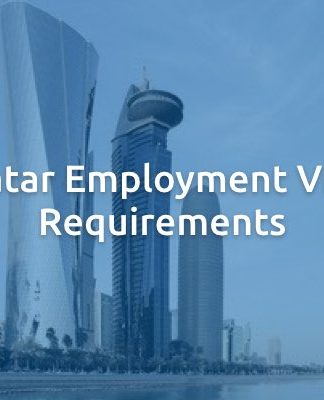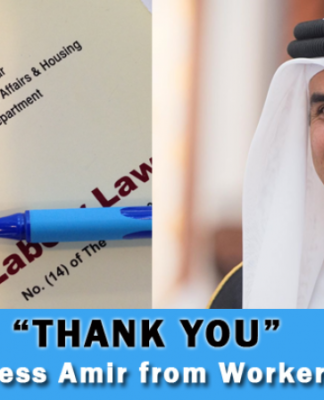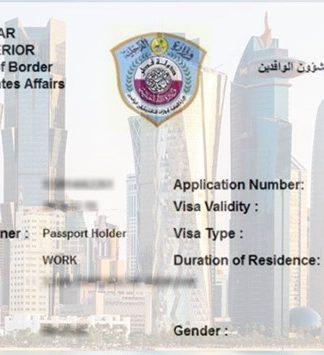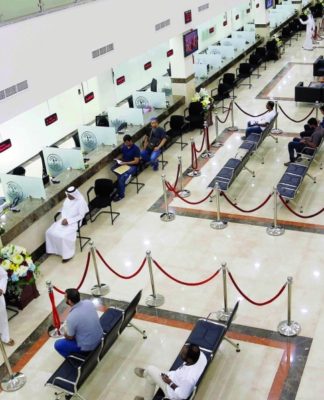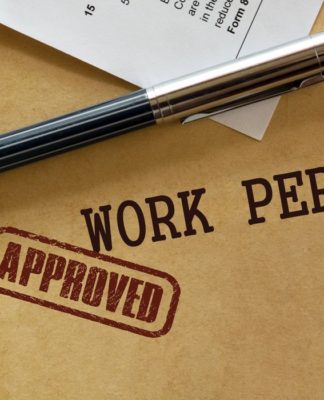POLITICSUNITED ARAB EMIRATES
New COP28 head also boss of one of biggest oil companies
Jennifer Holleis
23 hours ago23 hours ago
The UAE’s Sultan al-Jaber is an ambitious supporter of renewable energy projects at home. But activists say that his other role, as head of a large oil company, makes him the wrong choice for this job.
https://p.dw.com/p/4MEEs
Rarely in the history of the United Nations’ climate talks have reactions contrasted more than when the United Arab Emirates (UAE) named Sultan al-Jaber as the upcoming conference’s President.
The next UN Climate Change Conference, known as COP28, will be held in Dubai, in the UAE, next November. But activists harshly criticized the choice of 49-year-old Sultan al-Jaber to preside over it. Al-Jaber is the Emirate’s Minister for Industry and Advanced Technology as well as CEO of the Abu Dhabi National Oil Company (ADNOC), one of the biggest such firms in the world.
Tasneem Essop, director of Climate Action Network wrote on Twitter that she sees it as “imperative for the world to be reassured that he will step down from his role as the CEO of the Abu Dhabi National Oil Company … he cannot preside over a process that is tasked to address the climate crisis with such a conflict of interest, heading an industry that is responsible for the crisis itself.”
ADNOC is not only the world’s twelfth-largest oil company by production. It also ranks among the 20 largest corporate polluters of greenhouse gases in history, according to a study published in 2020 by the US-based Climate Accountability Institute.
However, others have pointed out that Sultan al-Jaber is a champion for renewables in the UAE.
He has served as the UAE’s Special Envoy for Climate Change for years and attended the past ten COPs.
6 images
6 images
In 2006, he was also the co-initiator of Masdar, the government’s renewable energy company, for which he serves as chairman.
He’s also been actively involved in other green initiatives, like the Emirates’ vow in 2021 to become carbon neutral by 2050, ten years earlier than neighboring Saudi Arabia and Kuwait.
“The choice to appoint Sultan al-Jaber is the embodiment of the emirate’s ambitions to being able to reconcile saving the fossil fuel industry with making concrete steps to advance more sustainable industries and practices,” Cinzia Bianco, a visiting fellow at the European Council on Foreign Relations (ECFR) told DW.
Dubai’s duality
Al-Jaber himself has not commented on any of the calls for him to step down as head of ADNOC or the criticism that he should not be running COP28.
Nation Towers and ADNOC Headquarters Building, Abu Dhabi, UAENation Towers and ADNOC Headquarters Building, Abu Dhabi, UAE
The government-woned oil company ADNOC is set to almost double their output by 2027, according to OPECImage: Z Jan/PantherMedia/IMAGO
Ahead of the last COP27, which took place in Egypt in November 2022, he told Emirati newspaper The National that “you need to maintain the current system, while the world still relies on it [and] drive down its emissions, while driving up investment in new energies.”
“Innovative climate action, which involves the fast adoption of renewable energy and other low-carbon sources, has the potential to provide long-lasting energy security. But we are not there yet,” al-Jaber added.
Jessica Obeid, senior global advisor for London-based consultancy Azure Strategy and an independent energy policy consultant, regards this approach as a “much-needed policy alignment.”
“His roles represent the multiple elements at play in this era of energy transition,” Obeid told DW, adding that, “an adequate transition will involve all sectors, including the oil and gas industry, and low-carbon technologies need to be developed and deployed in this industry as well.”
From her point of view, the trend is clear. “The UAE’s energy transition is gaining momentum,” she told DW.
Pragmatic approach
The UAE has been systematically trying to reduce its dependence on oil revenues.
“Today over 70% of our economy is generated outside the oil and gas sector,” al-Jaber stated in his first speech since his nomination for COP28, as he attended the Atlantic Council Global Energy Forum in Abu Dhabi last Saturday.
Scholz seals energy deals with UAE
02:00
“We know many of the solutions do exist: scaling renewables , nuclear and hydrogen, and carbon capture, and energy efficiency and, of course, the least carbon-intensive oil and gas, as well as new technologies yet to be developed and deployed,” he said.
While highlighting that no country should be left alone to cope with climate change, he reiterated the need to provide energy security for the global economy too.
The ECFR’s Cinzia Bianco would even see any criticism of the UAE’s combination of fossil and renewable energies, as a “sign of hypocrisy” in view of the recently updated energy contracts by European countries in the wake of Russia’s attack on Ukraine and the resulting energy-crisis in Europe.
“Obviously, it’s not the best possible situation to face the climate emergency but I think the UAE could be a good interlocutor to show the way for other energy-producing countries that are even more reluctant than the UAE, to be investing significantly — financially and otherwise — into other forms of climate protection,” Bianco told DW.
Edited by: Maren Sass














